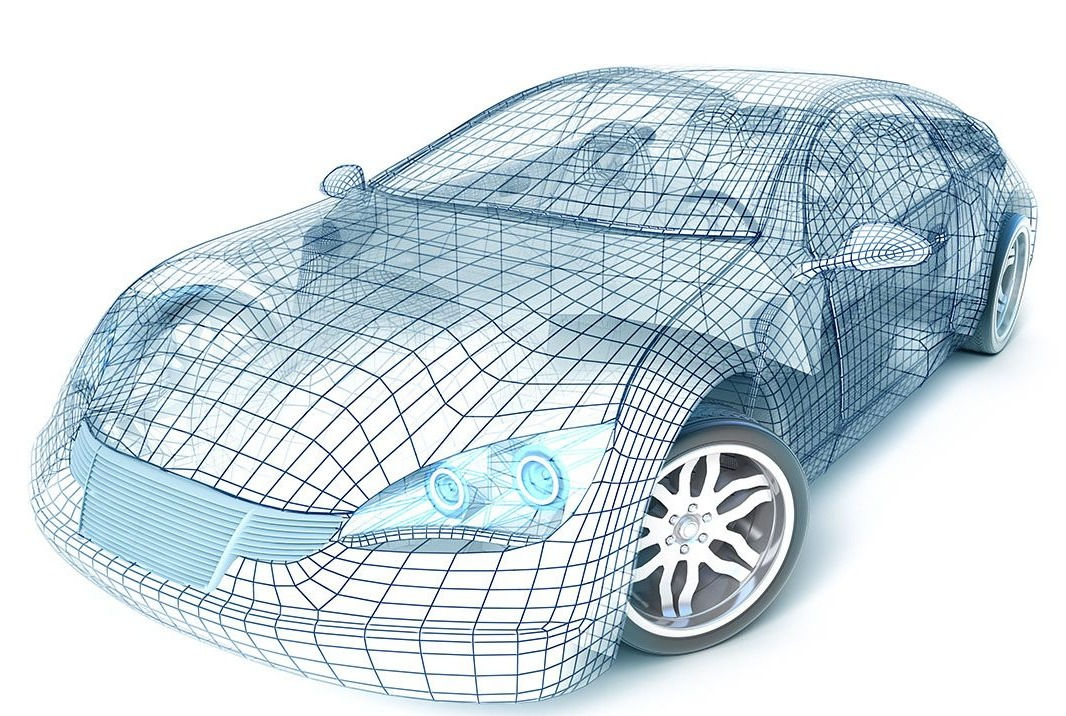
-
-
Large material deformation
-
Thermal-mechanical coupling
-
Explicit/implicit analysis
-
-
eXtended Finite Element Method (X-FEM)
-
Crack propagation in 2D solid and 3D shell
-
Brittle and ductile material
-
Explicit analysis
-
-
Meshfree-Enriched Finite Element Method (ME-FEM)
-
Nearly-incompressible material in 3D solid
-
Inf-sup stable
-
Explicit/implicit analysis
-
-
Smoothed Particle Galerkin (SPG)
-
3D solid
-
Extremely large deformation
-
Semi-brittle and ductile material failure
-
Thermal-mechanical coupling
-
Explicit analysis
-
-
Smoothed Particle Hydrodynamics (SPH)
-
High velocity impact
-
Material separation and debris in solid
-
Incompressible fluid
-
Thermal-mechanical coupling
-
Explicit analysis
-
-
-
Solid and shell
-
Large material deformation
-
Thermal-mechanical coupling
-
Explicit/implicit analysis
-
-
-
3D solid
-
Crack propagation
-
Brittle solid and laminate composite
-
Explicit analysis
-
-
-
2D and 3D
-
Hierarchical multi-scale simulation
-
Homogenized macroscopic constitutive law
-
-
-
Machine learning with material building blocks
-
Data generated by RVE analyses
-
-
Self-consistent Clustering Analysis
-
Reduced order model of RVE
-
Data clustering
-
Offline/online processes
-
-
Geometric multi-scale modeling
-
PCB Solders
-
Joints (rivet, spot weld, FDS)
-
Reliability, performance, crashworthiness
-
-
Non-conforming cross-scale coupling
-
MPI-based data exchange
-
Eulerian Method and Mesh Motion
-
Fluid-structure interaction (FSI)
-
Large deformation and material failure
-
-
Structured (rectilinear) mesh
-
Fast and scalable computation
-

